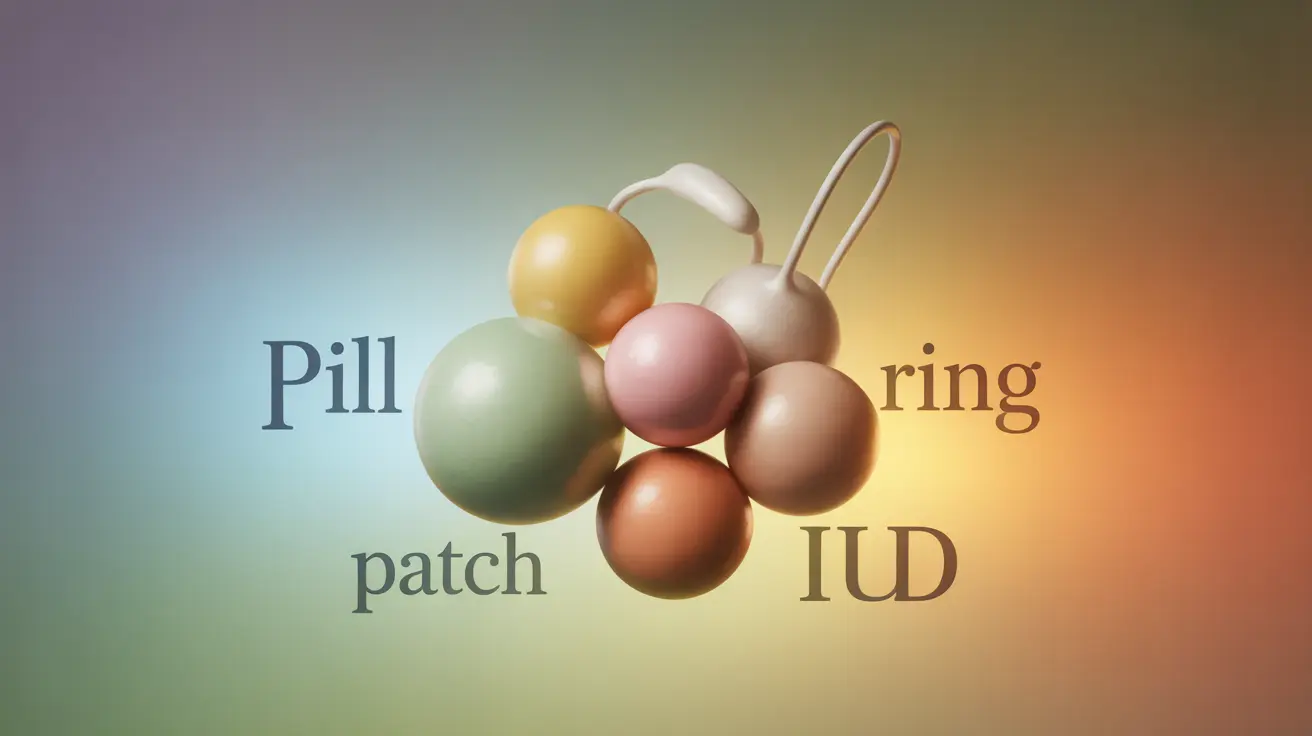Many people wonder if birth control can affect their emotional well-being, particularly whether birth control makes you moody. This common concern deserves careful attention, as hormonal contraceptives can indeed influence mood and emotional balance in various ways. Understanding these potential effects is crucial for making informed decisions about contraception.
While not everyone experiences mood changes on birth control, it's important to recognize that emotional side effects are possible and vary significantly from person to person. Let's explore the relationship between birth control and mood, including what to expect and when to seek help.
How Birth Control Affects Your Emotions
Hormonal birth control works by altering your body's natural hormone levels, which can potentially impact your emotional state. These medications contain synthetic versions of estrogen and/or progesterone, which interact with your brain's neurotransmitters and may influence mood regulation.
Common emotional changes that some people experience include:
- Irritability
- Anxiety
- Mood swings
- Depression
- Emotional sensitivity
Different Types of Birth Control and Their Mood Effects
Not all birth control methods affect mood in the same way. Some forms are more likely to cause emotional changes than others:
Combined Hormonal Contraceptives
Pills, patches, and rings containing both estrogen and progestin may cause mood changes in some users, though many people tolerate them well.
Progestin-Only Methods
Mini-pills, implants, and hormonal IUDs contain only progestin, which may have different emotional effects compared to combined methods. Some users report fewer mood-related side effects with these options.
Non-Hormonal Options
Copper IUDs, barrier methods, and natural family planning don't contain hormones and therefore typically don't directly affect mood.
Timeline of Emotional Side Effects
When starting birth control, mood changes typically follow a pattern:
- Initial adjustment period: 2-3 months
- Peak side effects: Often within the first month
- Stabilization: Usually occurs by the third month
- Long-term effects: May improve or resolve over time
Positive Effects on Mood
While much attention focuses on negative mood effects, birth control can actually improve mood for some people, particularly those with hormone-related mood disorders. Benefits may include:
- Reduced PMS symptoms
- Improved PMDD management
- More stable mood throughout the menstrual cycle
- Better emotional well-being
When to Contact Your Healthcare Provider
It's important to monitor your emotional health while using birth control and seek professional help if you experience:
- Severe mood changes
- Persistent depression
- Anxiety that interferes with daily life
- Thoughts of self-harm
- Significant personality changes
Frequently Asked Questions
Does birth control cause mood swings or make you feel moody? Yes, birth control can cause mood swings in some people due to its effects on hormone levels. However, not everyone experiences these changes, and the impact varies significantly between individuals.
Which types of birth control are more likely to affect mood or cause depression? Combined hormonal contraceptives containing both estrogen and progestin are more commonly associated with mood changes. However, progestin-only methods can also affect mood in some users.
How long do birth control mood side effects typically last and do they get better over time? Most mood-related side effects peak within the first few weeks to months of starting birth control. Many people find that these effects improve or resolve completely after the initial adjustment period of 2-3 months.
Can birth control help improve mood problems related to PMS or PMDD? Yes, many people find that hormonal birth control helps stabilize mood swings and reduces symptoms associated with PMS and PMDD by regulating hormone levels throughout the menstrual cycle.
When should I talk to a doctor about mood changes caused by birth control? Contact your healthcare provider if you experience severe mood changes, persistent depression, anxiety that affects daily activities, thoughts of self-harm, or any emotional changes that concern you. Don't wait to seek help if you're struggling.




